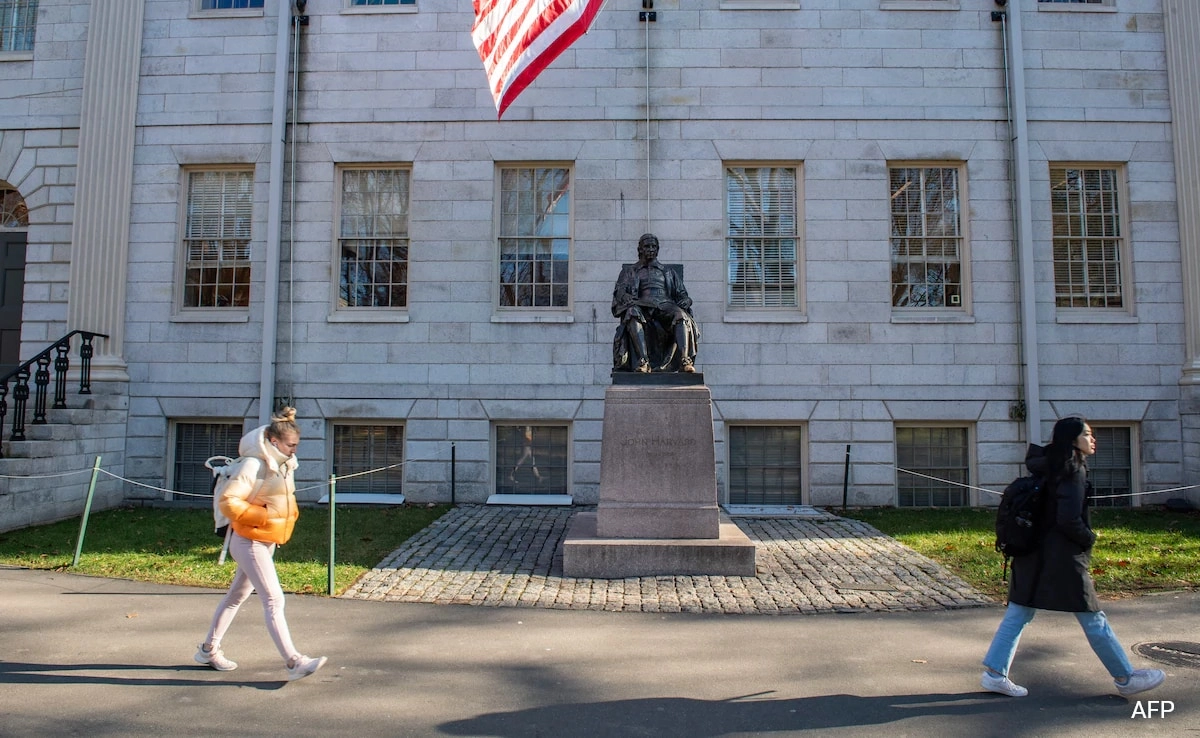Former President Donald Trump has called for Harvard University to issue an apology, a statement that has garnered significant attention and sparked discussions across various platforms. This demand comes in the wake of controversies surrounding the university’s handling of specific issues, particularly those related to freedom of speech and the treatment of certain viewpoints within the academic environment. Trump’s remarks reflect a broader concern among some political circles about what they perceive as biases within elite educational institutions.
The White House has echoed Trump’s sentiments, emphasizing the importance of free expression and the open exchange of ideas in academic settings. Supporters of Trump have rallied behind the call for an apology, arguing that Harvard, as a prestigious institution, has a responsibility to foster an inclusive atmosphere that respects diverse perspectives. Critics, however, contend that the demands for an apology may undermine the university’s autonomy and its right to maintain academic standards.
This situation also highlights the ongoing tensions between political ideologies and academic institutions. As debates over free speech and the role of universities in shaping societal discourse continue, the call for an apology from Harvard serves as a flashpoint for these larger issues. Observers note that this incident could influence how universities approach controversial topics and manage their internal policies regarding speech and expression, potentially leading to a reevaluation of their commitments to academic freedom. Overall, the dialogue surrounding Trump’s demand for an apology underscores the complex interplay between politics and education in contemporary America.




